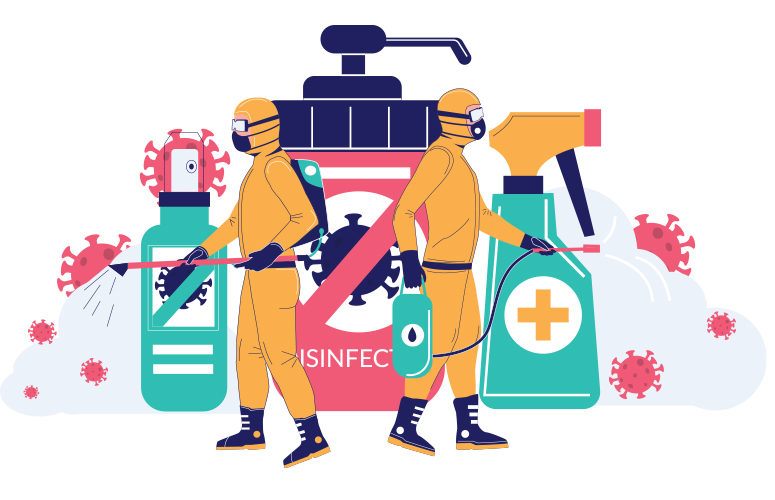
Investigating Workplace Harassment
On Apr 15, 2022What are the basic steps of a harassment investigation?
When an employer receives a harassment claim, they have a legal obligation to examine the claim by conducting a thorough investigation. This includes the following steps:
Select an interviewer. Typically, this person would be an impartial manager, company officer, or HR representative. They should approach the investigation process without a presumption of guilt or innocence and with the commitment to treat the situation as fairly as possible. Typically, the investigation can, and should, be conducted and closed within three days.
Speak with the employee who made the complaint (if you know who they are), the accused employee, and any witnesses they name. The questions asked during the interview should not lead an interviewee toward a particular response and should not be accusatory in nature. They should be unbiased, open-ended, and prepared in advance. It’s also important not to promise a particular outcome to employees participating in the investigation.
Once the investigation interviews are complete, document your conclusions and actions taken. If the company determines that the accused employee did in fact violate its harassment or other workplace policy, appropriate disciplinary measures may be administered. What qualifies as appropriate would depend on the severity of behavior; it may include termination of employment. A summary of the findings should be placed in the accused employee’s file.
Inform both the accused employee and the accuser about the conclusions of the investigation and any disciplinary measures taken. The complaining employee doesn’t need to know the specific disciplinary action, just that appropriate corrective action has been taken. Remind both employees that you will not tolerate retaliation.
In some situations, it is advisable to separate employees to limit the potential for future incidents, but care should be taken so this step doesn’t have a negative impact on the employee who raised the complaint.
In addition to the above steps, it’s not a bad idea to consult with legal counsel when you receive allegations of harassment or discrimination.
We’ve become aware of an allegation that an employee has been harassed at work, but the employee doesn’t want to file a complaint. Do we need the employee’s consent to investigate the matter?
No. If you or any of your managers become aware that harassment, discrimination, workplace violence or any other illegal activity has or may have occurred, you are legally required to investigate and take steps to stop the behavior. Knowing about this kind of behavior (and taking insufficient action) can make you liable, so you should investigate and stop any questionable behavior even if the victim doesn’t want to cooperate.
That said, if the employee merely has a general gripe or complaint that seems to indicate a simple personality conflict, then you may defer to the employee’s wishes on whether to act. Minor conflicts between employees may cause discontent in the workplace, but they don’t obligate you as the employer to investigate and resolve the issue.
HR Professionals from NJBIA assist clients with their HR questions and issues every day. Need help from our HR Pros? njbia.org/help
To access more business news, visit NJB News Now.
Related Articles:





